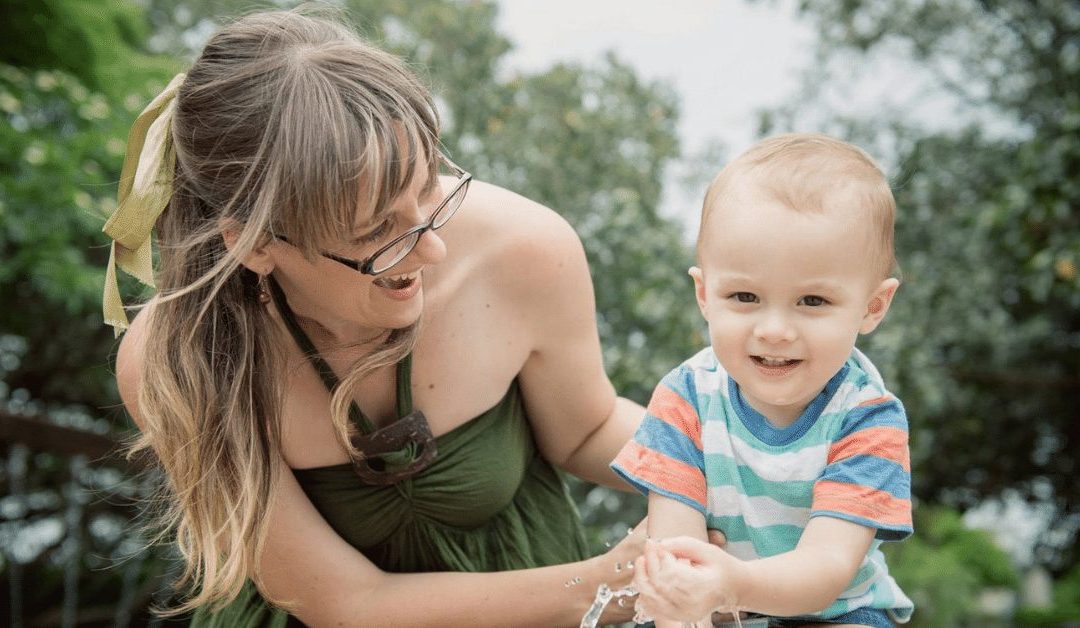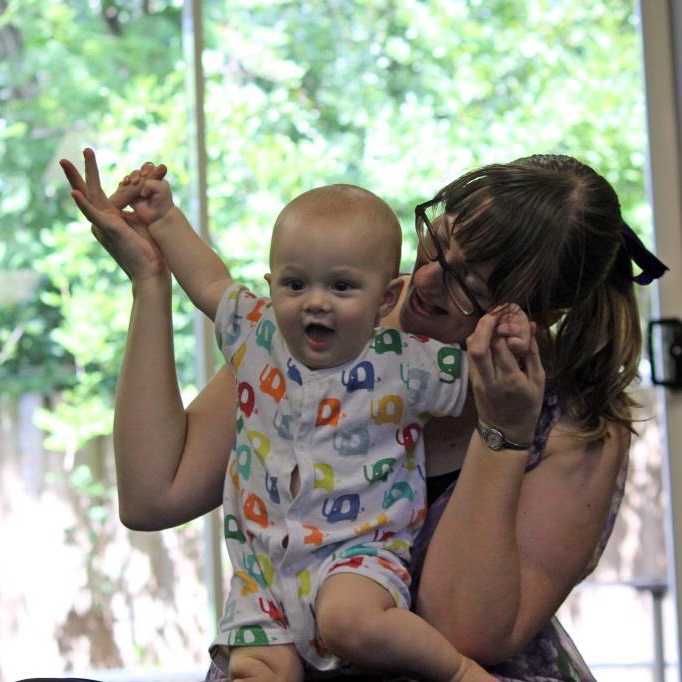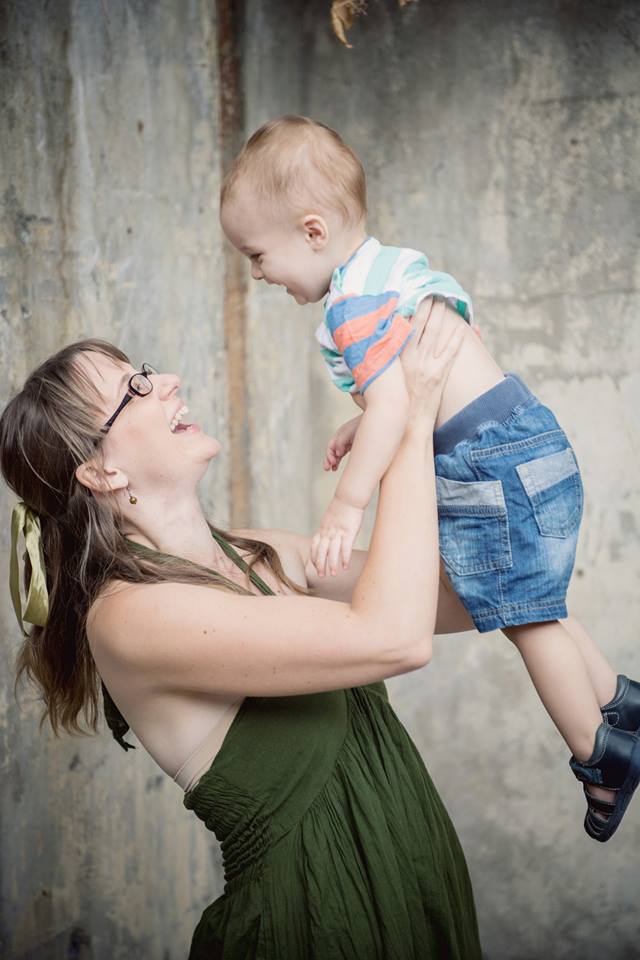By Jennifer Teh, Founding Director of Hush Little Baby Early Childhood Music Classes
In the music education community, “Kodály” (pronounced koh-dye) can be a term used without a great deal of explanation. Those who are “Kodály” music teachers often are so firmly embedded in the philosophy and methodology behind what we do that we forget to take a step back and explain just what it means to people whose children are in front of us.
So what exactly is Kodály music education, and how does it work in early childhood? And what’s with the weird name?
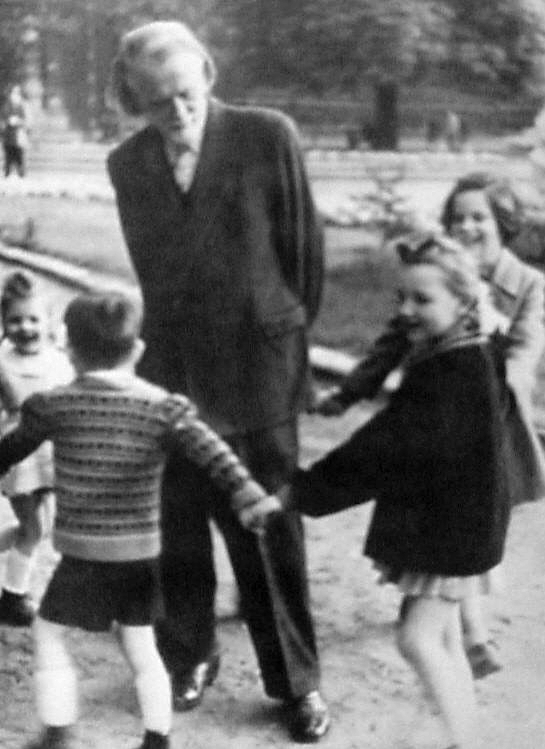
- Music should belong to everybody
- Music education should begin as early as possible in a child’s life
- Music should be taught in such a way that it is a joy for the child
- Those who are teaching the very youngest of children must be the very best musicians and teachers
- The singing voice is the very best instrument for a young child to learn to use
- Children must be given an opportunity to develop a ‘musical mother-tongue’ in the same way that they learn their own mother-tongue spoken language
So how do we apply these principles at Hush Little Baby? It begins with our mission, which is to ensure that music is a part of every child’s life, from birth.
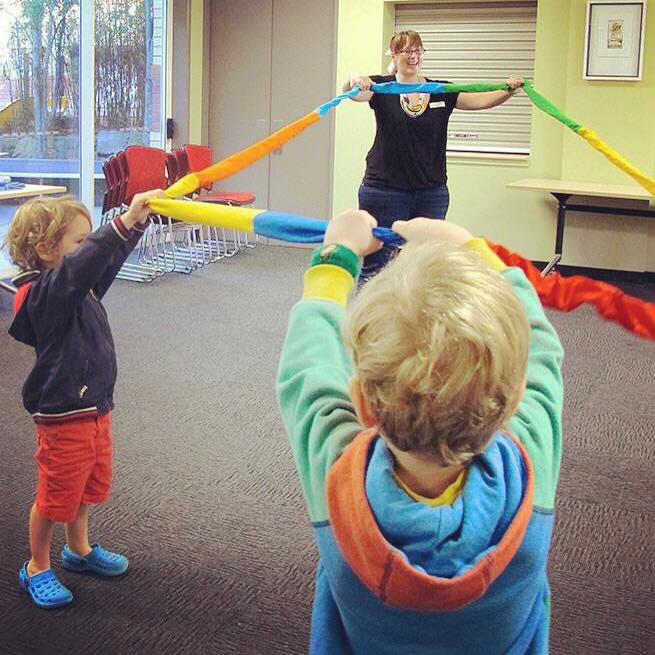
When questioned about the best time to bring music into a child’s life, Kodály answered, “Nine months before the birth of the child”, and then later revised his answer to, “Nine months before the birth of the mother.” We bring music into children’s lives as early as possible. Our dedicated Baby community classes offer gentle beginnings for babies as young as six weeks old, or earlier if the parents can successfully get out of the house and along to a class! Importantly, our early education programs begin in the Nursery room. Unlike other extra-curricular activities aimed at children 2-3 years old and up, we firmly believe that babies, as well as toddlers and pre-schoolers, must have access to specialist music classes.
When children are engaged in our classes, they are learning in so many ways – but they are always learning with joy, through play. As they dance and move to favourite songs, children use their whole bodies to develop strength, co-ordination, body awareness and balance. The much loved songs and rhymes we use are ordered, sequenced and repetitive, promoting language development and exposing children to a broad vocabulary. While playing a game, children are given opportunities to develop expressive and social interaction skills in a safe environment. Children experience and explore beat and rhythm by using their bodies, their voices and their ears, and are empowered to discover and use their own voices as they sing songs carefully selected for young voices. As they sing, move, dance and play in our classes, their synapses are firing and neural pathways are being strengthened.
Hush Little Baby is not a franchise. As Founding Director I personally handpick the finest musicians to teach our program, then work closely alongside them to ensure that our music classes continue to be exceptional. All of our teachers have tertiary qualifications in music, and are exemplary singers. Because the singing voice is the foundation for early childhood music education it is vital that our teachers produce a beautiful, perfectly in-tune sound for the children to model their own voices on. Music in our classes is performed live, without backing tracks. Occasionally our teachers will accompany themselves and the children by playing a live instrument, but the vast majority of songs are unaccompanied, allowing children and caregivers to find their own voices easily and confidently. We choose songs and keys that are perfectly tailored to children’s ages and stages of development, and when we incorporate tuned and untuned percussion instruments we ensure that they are the perfect size for little hands.
Much like a child’s linguistic mother-tongue – their first language – a child’s musical mother tongue is determined by their family, their home and their cultural heritage. Songs should be passed down orally and aurally from one generation to the next, to ensure that the musical mother-tongue cont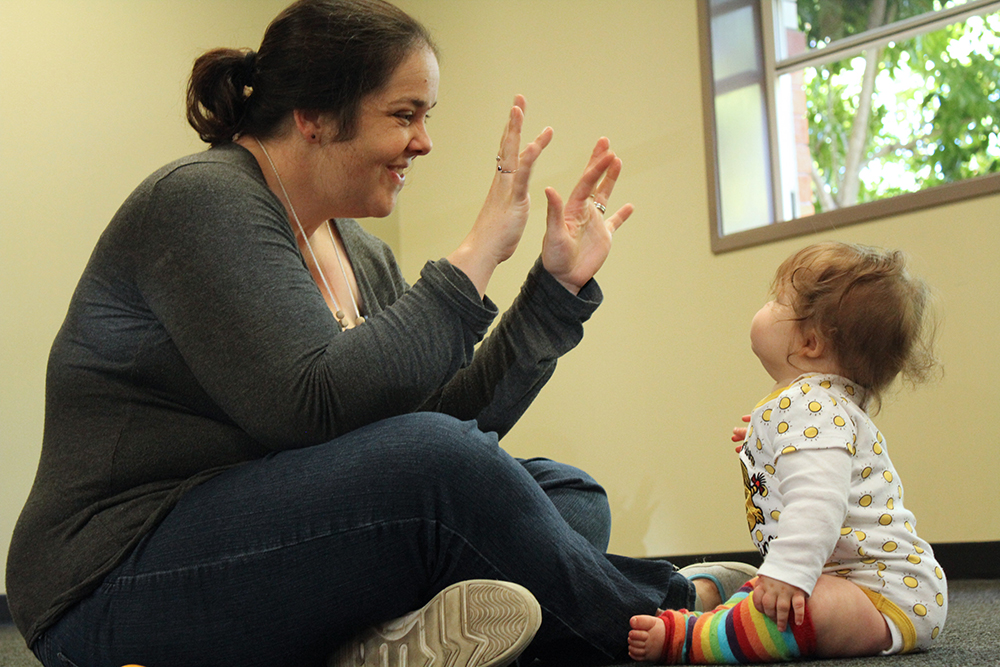
Kodály once stated that the characteristics of a good musician are a well-trained ear, a well-trained mind, a well-trained hand and a well-trained heart, and that all four must develop together, in constant equilibrium. It might also be said, though, that these characteristics should be considered to be those of a good human being. When a child is given the opportunity to grow through music, they have a better chance at becoming an empathetic and socially aware adult. I believe that through our classes, Hush Little Baby can help to change the world, for the better, one child at a time. And that is what ‘Kodály music education’ means to me.
Jen Teh is the Founding Director of Hush Little Baby Early Childhood Music Classes. Her accolades include an Australian Government National Award for Quality Schooling and a Queensland College of Teachers Excellence Award. Jen has taught everything from primary, high school and university music, directed choirs, taught private singing lessons, presented workshops, written papers for national and international conferences and symposia in music education and carved out a career as a professional live and studio singer. She is also a university lecturer and an accredited lecturer for the Australian Kodály Certificate. As a mother of young children and a believer that the very youngest children should receive the very best musical upbringing, however, Jen’s passion lies in early childhood music education. She strongly believes that music should be an integral part of every child’s life.

